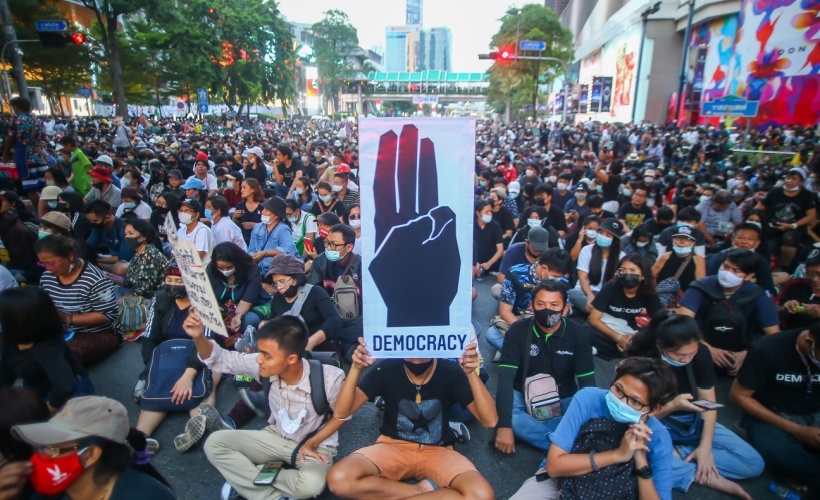To what extent does the context of an alliance change the process of alliance management? The existing literature considers this question in relation to both the structures of the international environment and narratives of the alliance. However, there is a significant lacuna in current understandings of the importance of emotions in understanding alliance dynamics and, therefore, management.
Structurally, alliance management is considered in terms of the availability of realignment opportunities, and there are two mutually independent arguments. On the one hand, alliances that are present in the context of multilateral institutions, these institutions reduce the security dilemma in the region as Victor Cha has put it “The complexity of this geometry [in East Asia] is a useful tool for the muting of regional security dilemmas.”[1] This argument implies that the complexity increases the strategic ambiguity of the situation and therefore enhances the deterrence effect of the alliance. An implication of this would be that the multilateralism alongside the alliances is mutually supportive of each other in deterring actions and therefore demonstrates the efficacy of the alliance. On the other hand, Glenn Synder argues that “Alliance dilemma is more severe in a multipolar than in a bipolar system because high mutual dependence coexists with plausible realignment options.”[2] In both of these cases, Catherine Jones argues there is a persistent gap in the literature, which is the wider context of both the structures and the alliance itself. This wider context is shaped by emotions among the parties, particularly whether there is anxiety and heightened tensions and fear, in which context reassurance may be more difficult, or if there is not an anxious state.
This talk explores the importance of anxiety as an essential determinant of the context in which alliance management happens. The paper draws on a range of examples in Northeast Asia to demonstrate the significance – both for policy and theory – of understanding the variety of effects anxiety can play in alliances.
Speaker: Dr Catherine Jones, School of International Relations, University of St Andrews
Chair: Professor Bill Hurst, Chong Hua Professor of Chinese Development in the Department of Politics and International Studies (POLIS) and Deputy Director at the Centre for Geopolitics.
References
[1] Victor Cha. 2011. ‘Complex Patchworks: U.S. alliances as part of Asia’s regional architecture’ Asia Policy, National Bureau of Asian Research, no.11, pp27-50, p.29
[2] Glenn H Synder. 1984. ‘The Security Dilemma and Alliance Politics’ World Politics, 36:4, pp.461-495, p.494







